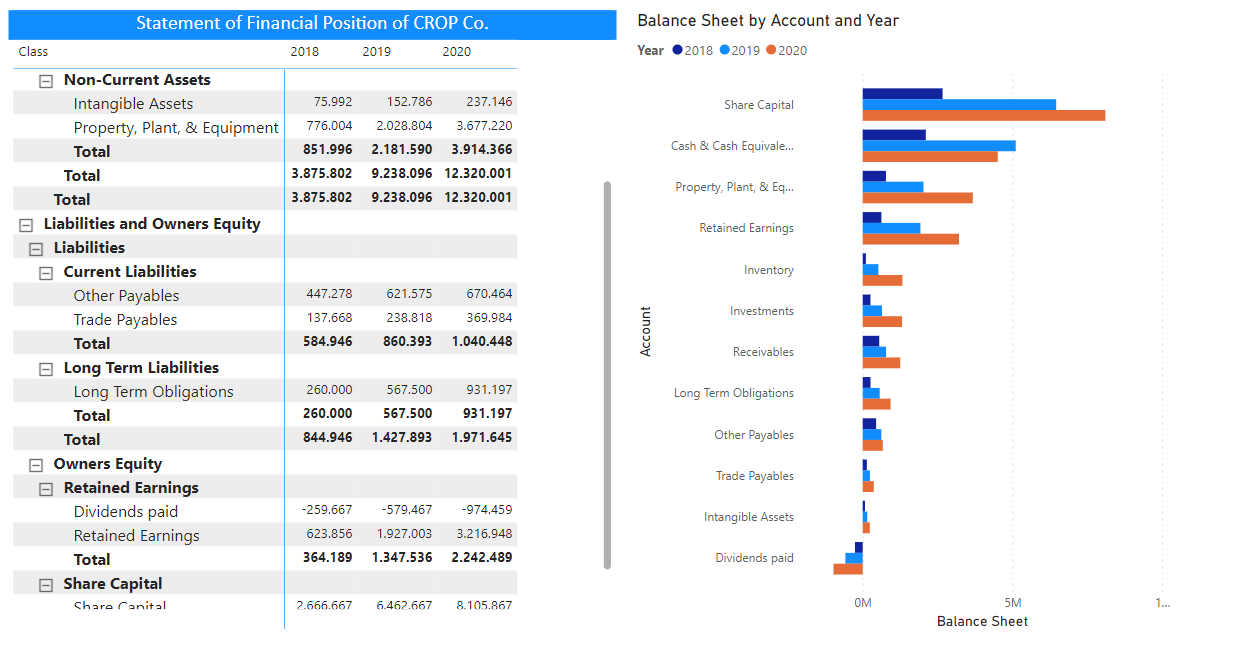Accountancy, Audit & Assurance
Revolutionize Your Audit Experience: Unleashing the Power of Data Analytics

Accounting, Audit & Compliance
The future of audit.
We redefine the audit process through cutting-edge data analytics and data science.
Leverage technology to enhance accuracy, efficiency, and insight throughout the audit engagement.
Capabilities
Risk Assessment
Data analytics enables auditors to assess risk more comprehensively by analyzing large datasets. Identifying patterns and anomalies in financial data allows auditors to focus on high-risk areas, leading to a more targeted and effective audit strategy.
Fraud Detection and Prevention
Data analytics can uncover irregularities and potential fraudulent activities within financial transactions. Advanced analytics techniques, including anomaly detection and predictive modeling, enhance auditors' ability to identify and prevent fraudulent practices.
Automation of Routine Procedures
Data science allows for the automation of routine audit procedures, such as data extraction, validation, and reconciliation. This automation reduces manual effort, minimizes errors, and increases the efficiency of the audit process.
Trend Analysis and Benchmarking
Data analytics facilitates trend analysis and benchmarking against industry standards. Auditors can identify changes in financial performance over time and compare financial metrics with industry benchmarks, providing valuable context for their assessments.
Solutions

Enhanced Sampling Techniques
Data science enables auditors to employ advanced sampling techniques, such as stratified sampling and predictive modeling, to select samples more strategically. This improves the accuracy of sample representation and increases the reliability of audit evidence.
Identifying Unusual Transactions
Data analytics can flag unusual transactions or patterns that may indicate errors or irregularities. Auditors can use these insights to investigate further and ensure the accuracy and completeness of financial statements.
Real-time Monitoring and Continuous Auditing
Data analytics allows for real-time monitoring of financial transactions and continuous auditing processes. This proactive approach enables auditors to identify issues as they arise, reducing the likelihood of errors going undetected for extended periods.
Audit Documentation and Reporting
Data analytics streamlines the documentation process by automating the collection and organization of audit evidence. This not only improves efficiency but also enhances the quality and completeness of audit documentation and reporting.
Comprehensive Data Testing
With data analytics, auditors can perform more comprehensive data testing, including the analysis of large datasets. This allows for a deeper understanding of the financial data, leading to more insightful audit findings.
Integration with Internal Controls
Data analytics can be integrated with an organization's internal controls to assess their effectiveness. Auditors can use data to test the operating effectiveness of controls and identify areas for improvement in internal control systems.
Direct to your inbox
Keep yourself updated with our Editor's picks newsletter.

